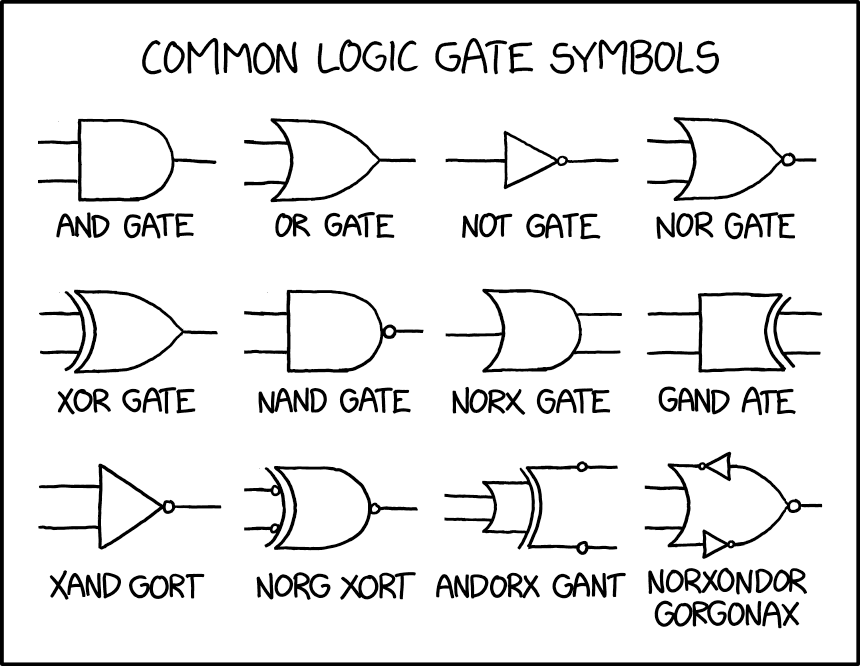I have lived a long time. When I was in high school (1957-1961), geography was an important subject of the curriculum. When I went to college (1961-1965), there were still departments of geography in many, if not most, self-respecting colleges and universities, but they were slowly starting to disappear. Now, I suspect that there are very few, if any, schools, colleges, and universities that teach geography and train professors of that discipline. Still, there are vestiges of the days in the first half of the twentieth century when geography was upheld as a princely pursuit.
At Penn, there is a building that once housed the geography department and still has markings that bear witness to its pedigree, but has now been swallowed up by the School of Engineering and Applied Science. At Harvard, the Department of East Asian Languages and Civilizations (EALC) occupies what used to be the Department of Geography, in a building filled with geographical motifs that has a special history linked to the Widener family (who gave their wealth and their name to Harvard's main library in memory of Philadelphian Harry Elkins Widener (January 3, 1885-April 15, 1912) who went down with the Titanic at the age of 27. The Widener family also gifted Harvard with the building that presently belongs to EALC, as part of an endowment meant to create a geography professorship for a member of the Widener family. While I was teaching at Harvard, my office was in the penthouse of that building. It was an eerie feeling to be situated all alone in that aerie above all my peers and superiors.
Despite the support of the Wideners and its illustrious past, geography did not thrive at Harvard, Penn, and elsewhere. To me, this is cause for lament, and I have often pondered what forces have been at work that led to this unfortunate result.
Read the rest of this entry »




